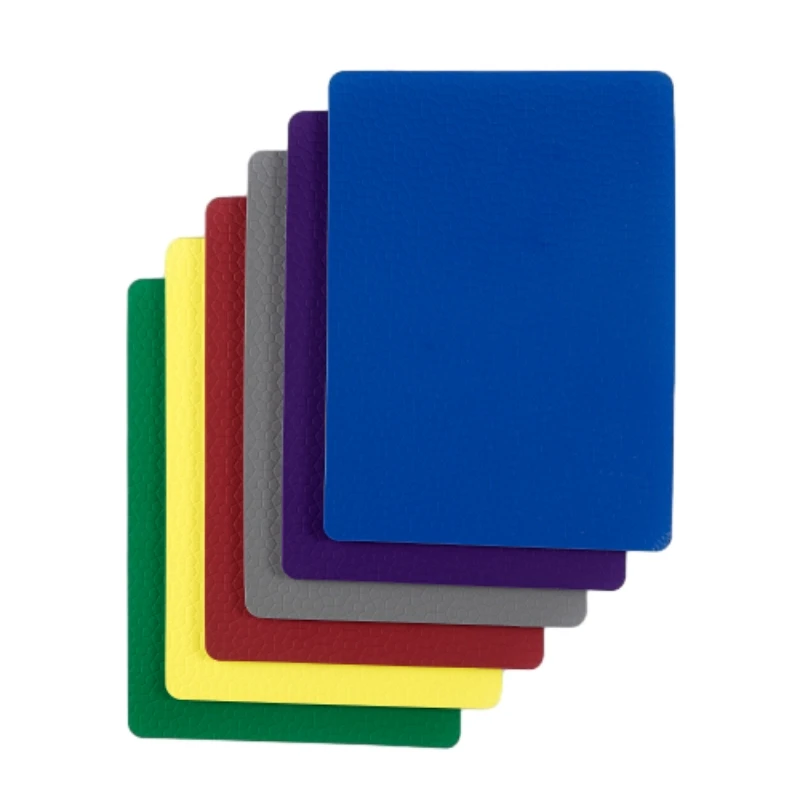- Afrikaans
- Arabic
- Belarusian
- Bengali
- Croatian
- Czech
- Danish
- Dutch
- English
- Estonian
- Finnish
- French
- Georgian
- German
- Greek
- hawaiian
- Hungarian
- Indonesian
- irish
- Italian
- Japanese
- kazakh
- Khmer
- Korean
- Kyrgyz
- Lao
- Latin
- Macedonian
- Malay
- Mongolian
- Myanmar
- Norwegian
- Persian
- Polish
- Portuguese
- Romanian
- Russian
- Serbian
- Spanish
- Swedish
- Tagalog
- Thai
- Turkish
- Turkmen
- Ukrainian
- Urdu
- Uzbek
- Vietnamese
- Zulu
commercial kitchen flooring prices
Understanding Commercial Kitchen Flooring Prices A Comprehensive Guide
When it comes to designing or renovating a commercial kitchen, one of the most critical aspects to consider is the flooring. The choice of flooring material not only impacts the aesthetic of the space but also influences safety, durability, maintenance, and overall functionality. Given the myriad options available, understanding commercial kitchen flooring prices is essential for making an informed decision that fits both your budget and your operational needs.
Factors Influencing Commercial Kitchen Flooring Prices
1. Material Type The first and foremost determinant of flooring costs is the type of material used. Common options include - Vinyl Affordable and available in a variety of styles, vinyl flooring usually costs between $2 to $5 per square foot. It's a popular choice due to its water resistance and ease of maintenance. - Tile Ceramic or porcelain tiles can range from $1 to $15 per square foot, depending on the quality and design. While tiles are durable and heat-resistant, they can be slippery when wet and may require more maintenance than vinyl. - Rubber Known for its safety features, including slip resistance, rubber flooring typically costs between $3 to $8 per square foot. It is also comfortable underfoot, making it suitable for kitchen environments where staff may spend long hours. - Concrete Though initially more expensive—with prices ranging from $4 to $12 per square foot—concrete is incredibly durable and can be customized with finishes for aesthetics. - Epoxy As a seamless option that offers high durability and resistance to chemicals and stains, epoxy flooring can cost between $3 to $12 per square foot. The total cost may increase significantly depending on the complexity of the installation.
2. Installation Costs Beyond materials, installation contributes significantly to the overall price. Hiring professionals for installation is advisable, especially for complex flooring types like epoxy or concrete. Installation costs may range from $2 to $7 per square foot, influenced by the type of flooring and the complexity of the layout.
3. Size of the Kitchen The total area of the kitchen plays a crucial role in determining flooring costs. Larger spaces will naturally require more material, which can increase the overall expenditure. However, bulk purchases may sometimes yield discounts, potentially offsetting higher per-square-foot costs.
4. Customization and Design If you desire custom designs or specific finishes, expect to pay a premium. Specialty finishes can enhance aesthetics but generally add $1 to $5 per square foot to the total cost.
5. Maintenance Requirements Each flooring type has varying maintenance needs, which can influence long-term costs. For instance, while vinyl requires minimal upkeep, tile may necessitate more frequent cleaning and sealing. Budgeting for future maintenance will provide a clearer picture of the total investment.
commercial kitchen flooring prices

Budgeting for Your Commercial Kitchen Flooring
To effectively budget for your commercial kitchen flooring, conduct a thorough assessment of your needs, priorities, and space requirements. Begin by determining the total square footage of the kitchen and considering the specific demands of your operations.
1. Prioritize Safety & Compliance Vulnerable areas, particularly around cooking equipment, should have slip-resistant features. Ensure that the chosen material meets local health and safety regulations.
2. Consider Longevity Investing in higher-quality materials may result in lower replacement costs in the long run. Assess warranties and expected lifespans when selecting flooring.
3. Get Multiple Quotes Reach out to various suppliers and installers to obtain a range of quotes. This practice not only ensures competitive pricing but also provides insight into the typical market rates in your area.
4. Account for Seasonal Discounts If your renovation plan is flexible, consider timing your purchase during off-peak seasons when suppliers offer significant discounts.
Conclusion
In conclusion, navigating commercial kitchen flooring prices requires careful consideration of various factors including material choice, installation costs, kitchen size, and long-term maintenance. By understanding these elements and conducting thorough research, you can make informed decisions that fit within your budget, while also creating a safe, efficient, and attractive workspace for your culinary endeavors.
-
Benefits of PP Interlocking Floors for Gym SpacesNewsJul.08,2025
-
Durability Testing for Interlocking Sports Floor TilesNewsJul.08,2025
-
Overview of Tennis Court Flooring MaterialsNewsJul.08,2025
-
Portable Basketball Floor SystemsNewsJul.08,2025
-
Eco-Friendly Badminton Court Flooring OptionsNewsJul.08,2025
-
Durability Testing for PVC Floor Mat RollsNewsJul.08,2025
-
Top Materials Used in Tennis Court FlooringNewsJul.03,2025

